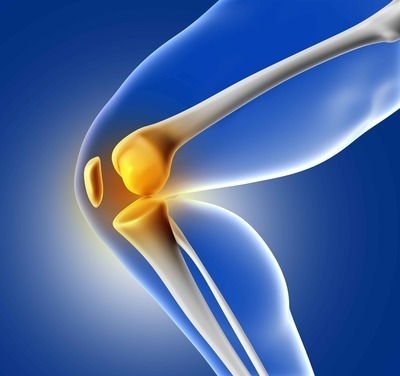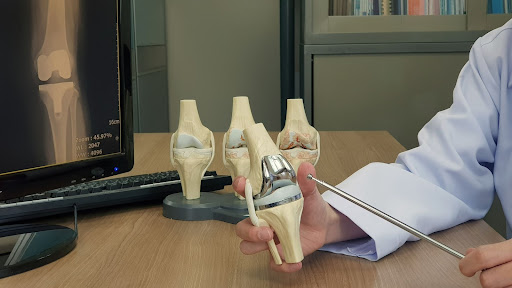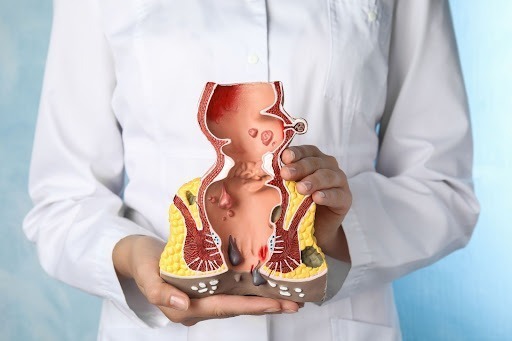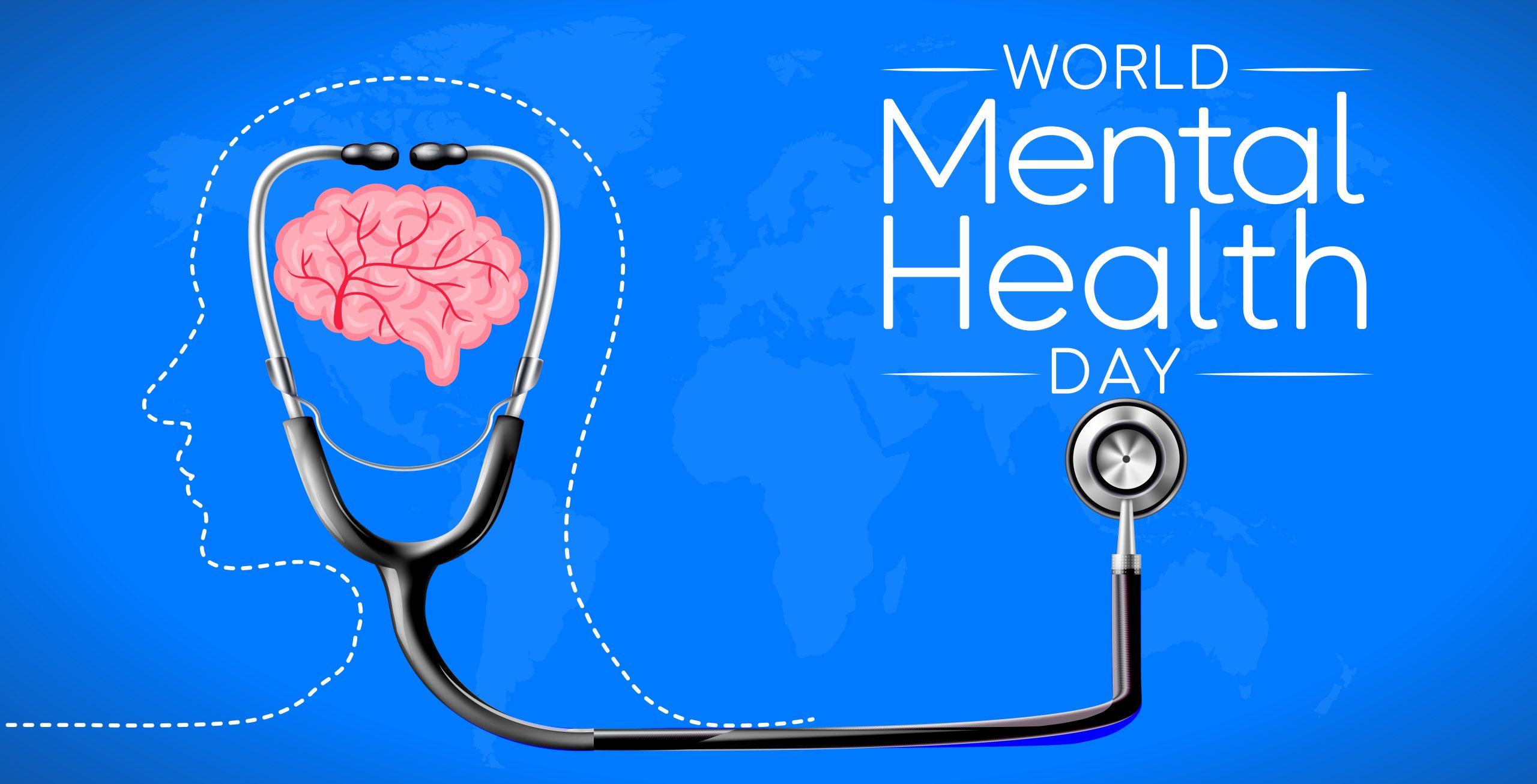Endocrinology
What is Thyroid? Causes and Symptoms of Thyroid Disease
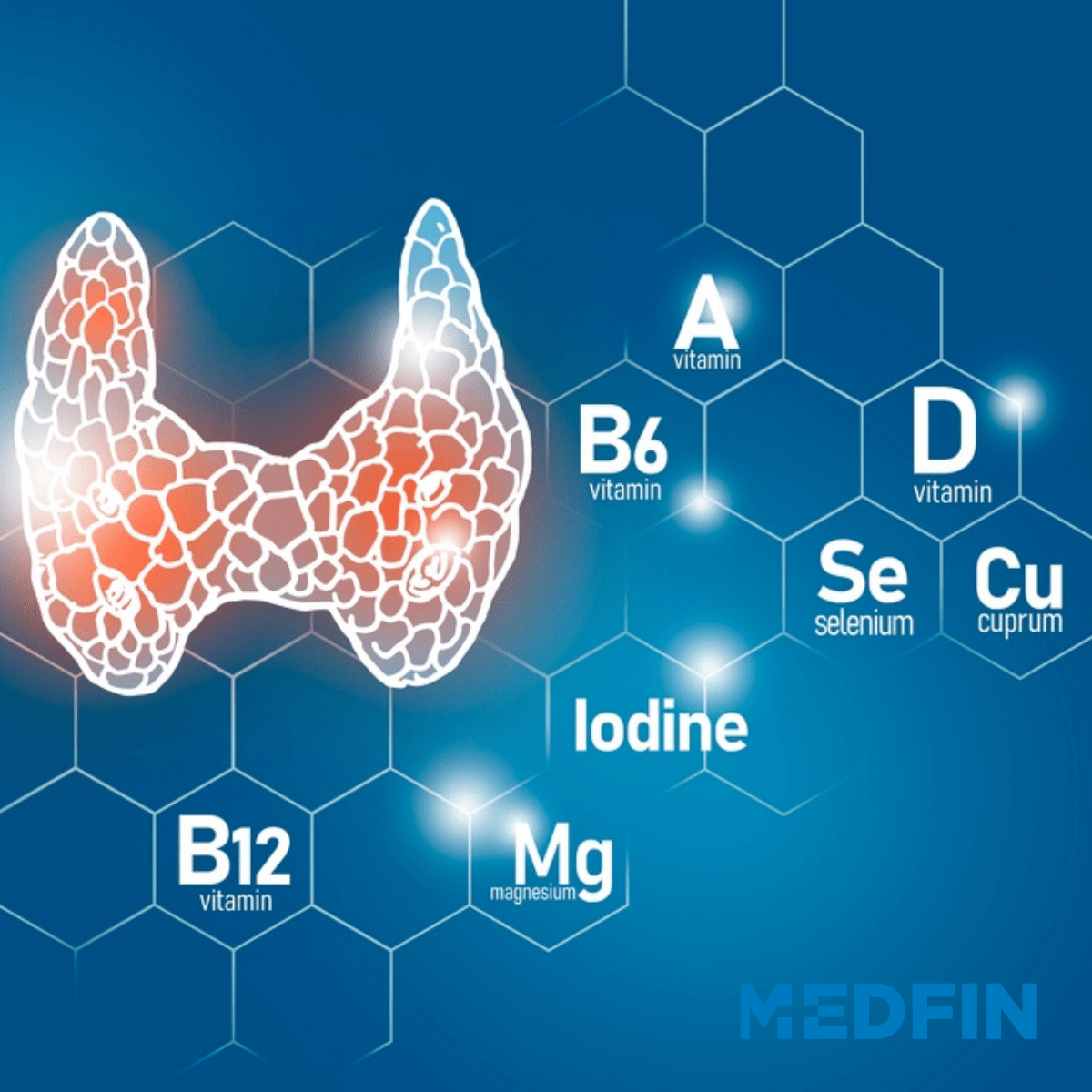
by admin
7th March 2022
6 minutes read
Thyroid is a gland in the human body. Thyroid disease results due to too much or too less hormone production.
What is thyroid?
Thyroid is a small organ; it is present in the front of neck. It has a butterfly-like structure with two wide wings on the sides. These wing-type structures extend around the sides of your throat.
We have several glands throughout our body. These glands produce and release substances for the body. Similarly, the thyroid gland makes hormones. And these hormones control several vital functions of the body.
Now, when the gland does not work properly, it can have a negative impact on the whole body. There are two main conditions which can then develop:
- When the thyroid produces too much hormone, the individual is confronted with hyperthyroidism.
- On the contrary, when the body makes way too little thyroid hormone, it is hypothyroidism.
Thyroid gland function
Thyroid releases and controls hormones and these hormones help control body metabolism. Metabolism refers to the process of food transformation into energy. Thereafter, the body uses this energy from food to keep several systems of the body functioning correctly.
Now, thyroid gland produces two kinds of hormones – T4 or thyroxine and T3 or triiodothyronine. These hormones guide the cells of the body about the quantity of energy of use to the body. Furthermore, if the thyroid works properly, it maintains the correct amounts of hormones. Normal thyroid levels help in maintaining a good body metabolism. In fact, when the body uses up the hormones, the gland will create replacements.
Moreover, there’s a pituitary gland monitoring the amounts of thyroid hormones in the bloodstream. Upon recognizing the body’s need for hormones, it adjusts the amount with its own thyroid stimulating hormone (TSH). Finally, it sends TSH to thyroid gland and thus tells the gland to act toward the requirement.
What is thyroid disease?
Hyperthyroidism and hypothyroidism are the two thyroid diseases. In the former case, the thyroid releases too much hormones and the body uses the energy too quickly. This makes you feel tired and this enhances the heart rate. In fact, it also stimulates weight loss and develops nervousness. In the latter case, you may face fatigue, weight gain and be unable to bear cold temperatures. There can be a wide number of factors causing the two conditions. One of them is heredity.
Thyroid disorders range from small and harmless goiter to life-threatening thyroid cancer. However, most thyroid problems are manageable with proper diagnosis and treatment.
Who are affected by thyroid diseases?
Thyroid problems can develop in men, women, elderly, teenagers as well as infants. Moreover, it can be typically hypothyroidism at birth and progress with age, especially after menopause in case of women.
Thyroid diseases are common and women have more chances of getting one than men.
People with following conditions are more prone to having the diseases:
- A family history of the thyroid diseases
- Medical conditions such as pernicious anemia, primary adrenal insufficiency, type 1 diabetes, rheumatoid arthritis, lupus, Turner syndrome and Sjodren’s syndrome
- Again, medication with high iodine levels
- Age above 60, especially women
- Furthermore, past treatment for past thyroid condition/cancer (the treatment could’ve been thyroidectomy or radiation).
Thyroid causes
Now, both hyperthyroidism and hypothyroidism are a result of how other diseases impacted the thyroid gland’s work.
Hyperthyroidism causes:
- Grave’s disease/ Diffuse toxic goiter: This condition involves an entire overactive thyroid gland, producing too much of the hormone (enlarged thyroid gland).
- Thyroiditis: It can be painful or painless. It involves release of hormones stored in the thyroid. It can last for both a few weeks or a few months.
- Nodules: Overactive nodules of thyroid gland can cause hyperthyroidism.
- Pituitary gland malfunctions/cancerous growths in thyroid gland: These are rare, but may cause hyperthyroidism.
- Too much iodine: Thyroid uses iodine to make hormones. Too much iodine results in lot of thyroid hormone production.
Hypothyroidism causes:
- Hashimoto’s thyroiditis: An inherited painless condition, it involves body cells attacking and damaging the thyroid gland. It is an autoimmune condition.
- Thyroiditis: It refers to inflammation/swelling of the gland. It also lowers hormone production.
- Postpartum thyroiditis: A temporary condition, it affects five to nine per cent women after childbirth.
- Non-functional thyroid gland: This condition starts right from the birth, where the child’s thyroid gland doesn’t work properly. When left untreated, it can cause physical and mental issues in the child’s future.
- Removal of thyroid gland: The thyroid may have been removed surgically, or chemically destroyed.
- Iodine deficiency: Iodine deficiency already affects millions around the world.
Thyroid symptoms
Unfortunately, the symptoms of a thyroid disease are very similar to those of many other medical conditions.
Symptoms of hyperthyroidism (an overactive thyroid):
- Anxiety, nervousness and irritability
- Weight loss
- Sensitivity towards heat
- Sleeping troubles
- Goiter or an enlarged thyroid gland
- Weak muscles and tremors
- Vision issues and irritation
- Irregular menstrual periods, or the stopping of menstrual cycle
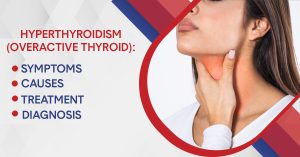
Symptoms of hypothyroidism (an underactive thyroid):
- Fatigue
- Hoarse voice
- Intolerance toward cold temperatures
- Weight gain
- Dry, coarse hair
- Frequent, heavy menstrual periods
- Forgetfulness
Thyroid conditions also impact nails and skin, cause digestion problems and brain fog (slowdown of thinking abilities). In fact, they can affect musculoskeletal system, causing muscle and joint pain.
One may watch for swelling in the neck, ear and jaw pain, raspy voice, trouble swallowing/breathing, visible enlarged neck and a ‘full’ feeling in his/her neck.
Some pointers on thyroid
- In the case of lack of treatment, hypothyroidism can lead to myxedema coma. It is rare, but potentially fatal, and requires immediate hormone treatment.
- Furthermore, hypothyroidism is dangerous for newborns, infants. It can be due to a defective thyroid, a pituitary disorder, or lack of the entire gland. It can cause intellectual disability and dwarfism. Other symptoms are poor appetite, excessive sleep and inactive and quiet behaviour. However, nowadays, doctors carry out the diagnosis and treatment soon after birth.
- Moreover, thyroid gland cancer is rare. It occurs in thyroid nodules. One may have one or more thyroid nodules remaining undetermined for years.
We at Medfin , the Surgery expert team, offer you access to latest and advanced treatment for thyroid surgery at most affordable costs. Our Personal Medfin assistants answer all your concerns related to surgery and ensure that your needs are met in your entire medical journey.
To consult an expert Medfin surgeon near you, please call us on 7026200200. You can also WhatsApp us on 7406557599 (click here to initiate a whatsapp chat).
CATEGORIES
- ACL Reconstruction
- Anal Fissures
- Anal Fistula
- Appendicitis
- ASK A DOCTOR
- Benign Prostatic Hyperplasia
- Breast Lump Excision
- Cataract
- Circumcision
- Conditions & Diseases
- Cosmetology
- Covid-19
- Cure
- Endocrinology
- ENGLISH VIDEOS
- Eye Care
- Gallstones
- General Surgeries
- Government Schemes
- Gynaecology
- Gynecomastia
- Health
- Health Insurance
- Hernia
- Hindi
- Hip Arthoscopy
- Hip Replacement
- Hip Replacement Surgery
- Hydrocele
- Kannada
- Kidney Stones
- Knee Arthroscopic
- Laparoscopic
- LASER
- Latest Treatments
- Lifestyle
- Liposuction
- Medfin Stories
- Medicine
- Nephrology
- Ophthalmology
- Orthopaedic
- Paraphimosis
- Patient Testimonials
- PCL Reconstruction
- Phimosis
- Piles (Hemorrhoids)
- Pilonidal Sinus
- Proctology
- Prostate Artery Embolization
- Rhinoplasty
- Second Opinion
- Total Knee Replacement
- Urology
- Uterine Artery Embolization
- Uterine Fibroids
- Varicocele
- Varicose Veins
- Vascular
- VIDEOS


